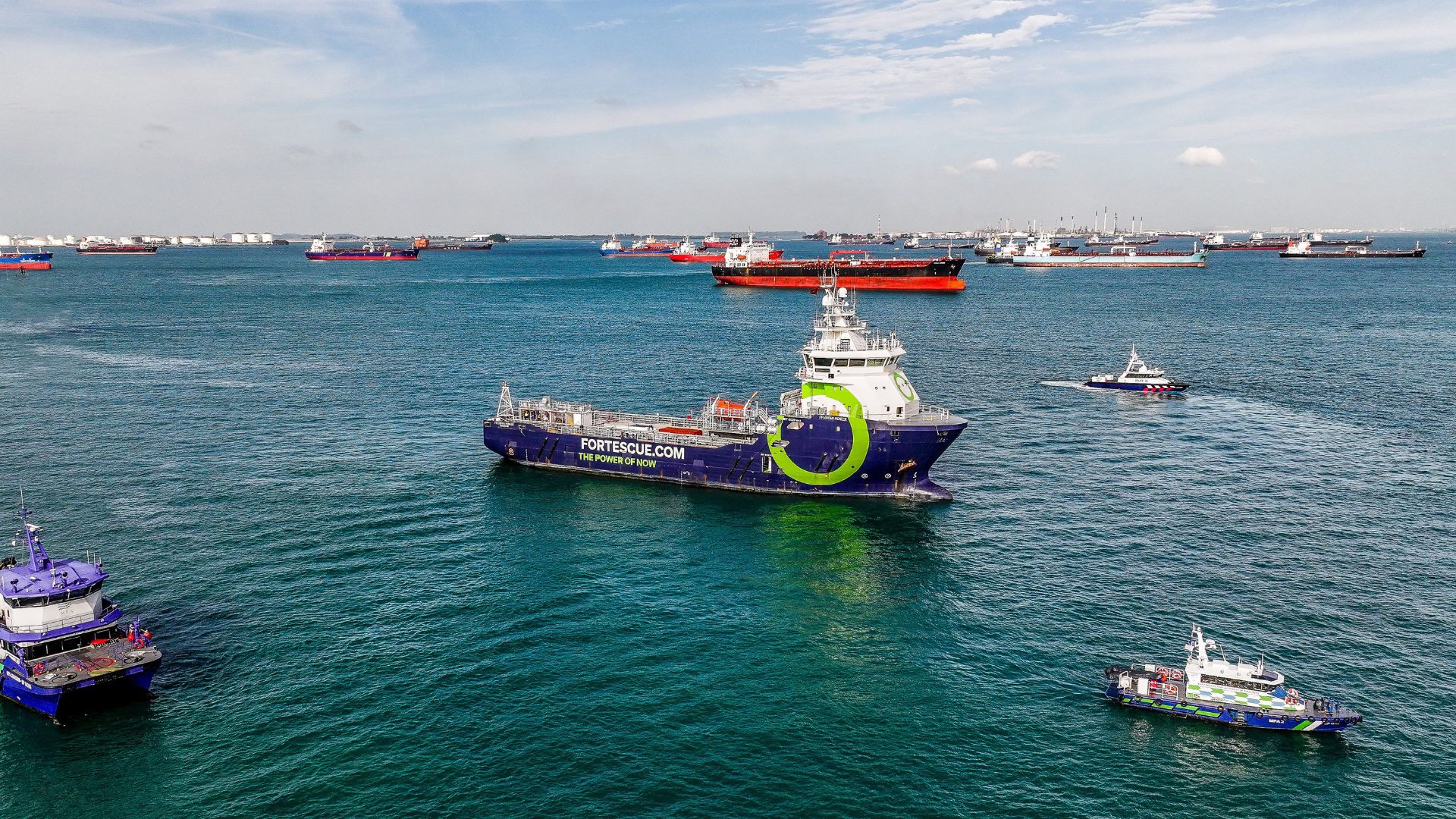In a dramatic development at the International Maritime Organization’s (IMO) Marine Environment Protection Committee meeting in London, the Trump administration has announced the United States’ withdrawal from crucial maritime decarbonization negotiations taking place this week.
The US government delivered a strongly worded message to IMO delegations, explicitly rejecting any measures that would impose fees on U.S. vessels based on greenhouse gas emissions or fuel choice.
The administration further warned it would consider implementing reciprocal measures to offset any charges imposed on American ships.
“The U.S. will not be engaging in negotiations at the IMO’s 83rd Marine Environment Protection Committee,” a spokesperson for the U.S. State Department confirmed to gCaptain. “Consistent with President Trump’s Executive Orders on International Environmental Agreements and on Energy Dominance, it is the Administration’s policy to put the interests of the United States and the American people first in the development and negotiation of any international agreements.”
The IMO’s Net-Zero Framework plans to modify MARPOL Annex VI by implementing both a marine fuel standard and emissions pricing system. Delegates at this week’s MEPC meeting are expected to finalize draft legal text for the measures.
The 2023 IMO GHG Strategy aims to achieve net-zero emissions from international shipping by 2050, with emissions peaking as soon as possible, while considering national circumstances and aligning with Paris Agreement temperature goals.
In its message, the Trump administration characterized the IMO’s efforts as “an attempt to redistribute wealth under the guise of environmental protection.” The US particularly objected to the IMO’s goal of achieving net-zero emissions by 2050, arguing it would “unwisely promote the use of hypothetical expensive and unproven fuels.”
The IMO’s current strategy further aims for a 40% reduction in shipping’s carbon intensity by 2030 compared to 2008 levels, with 5-10% of shipping’s energy coming from zero or near-zero GHG emission sources by 2030.
If approved, these measures could become effective in 2027 following final adoption at an extraordinary MEPC session in October 2025.
Editorial Standards · Corrections · About gCaptain

 Join The Club
Join The Club











